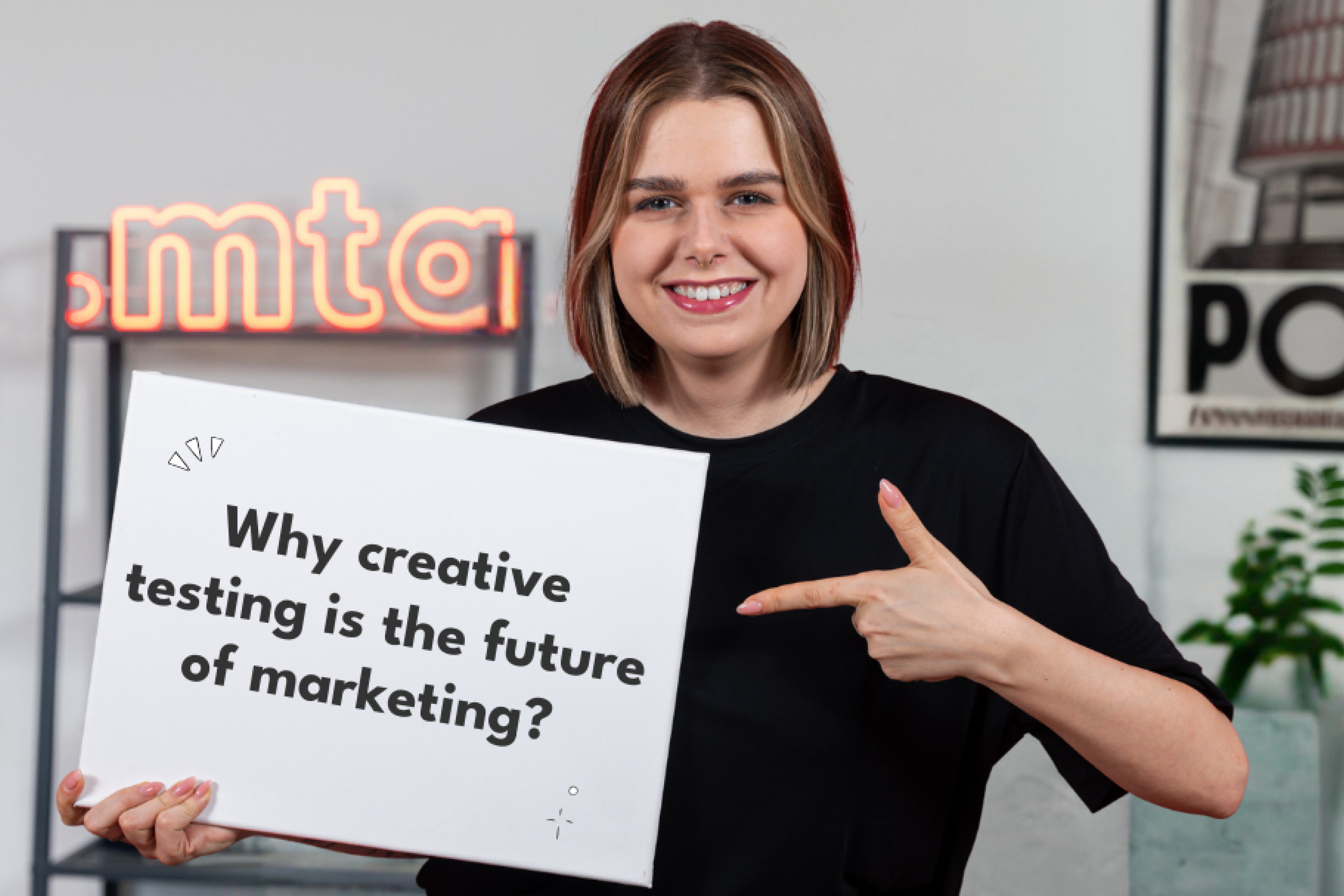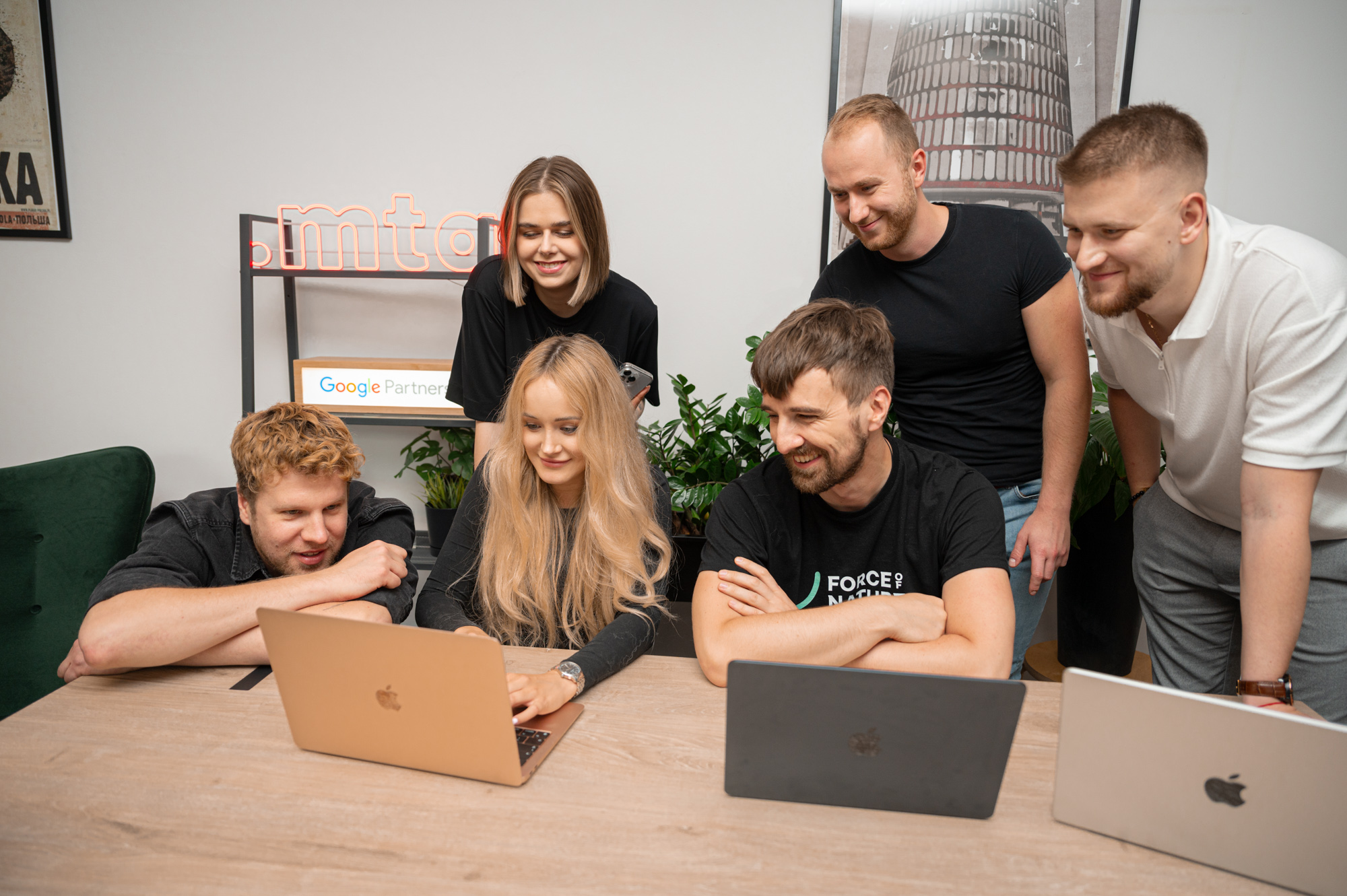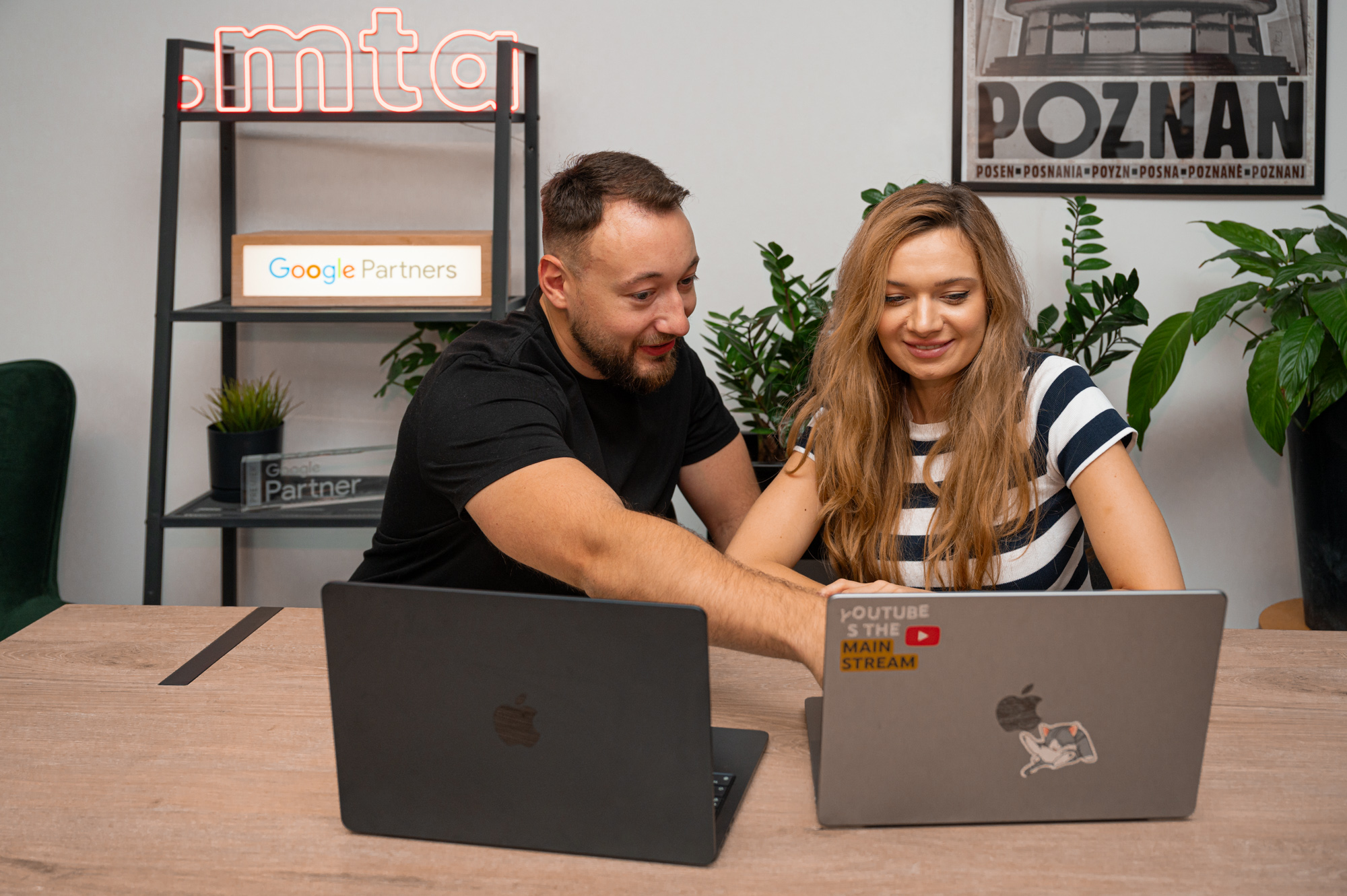Explore the world of growth marketing
Latest post

Programmatic
7 min
Rethinking Programmatic Advertising for Your Business Success
Understanding the programmatic advertising Programmatic advertising is, in a nutshell, an automated, machine-learning-driven way to buy media. It streamlines the decision-making process of where and when to place ads, using data and algorithms to target the right audience at the right time and in the right context. So why is it so controversial, anyway? Shouldn’t […]

Growth Marketing
10 min
Growth Marketing – Everything you need to know
What is growth marketing? Growth Marketing is a type of data-driven marketing with the objective of achieving consistent business growth in adopted key performance indicators (KPIs) through available marketing tools, research and analysis. The definition of growth may vary depending on the goal and the chosen metrics (KPIs). It’s essential to remember that scaling a […]

Influencer Marketing
6 min
5 reasons why choosing nano and micro-influencers results in a higher engagement rate
Who are nano and micro-influencers? Nano and micro-influencers are the social media game changers operating with smaller but highly engaged audiences. Nano-influencers boast followings of up to 10,000, while micro-influencers command audiences between 10,000 and 100,000. These individuals often focus on specific niches, passionately sharing their expertise and talents, which fosters a strong sense of […]

Creatives
5 min
Next Level Campaigns: Why Creative Testing is the Future of Marketing?
What is the Creative Testing? Creative testing methodology is one of many processes you will find in creative strategy. It is based on testing a variety of different campaigns, using methods such as split testing (A/B) to compare creatives and measure the impact of changes based on audience response. The process includes: organizing creatives; analyzing […]

Teal Agency
4 min
Pillars | Transparency
What does transparency mean for .mta? At the core of our values, we’re all about honesty and transparency. No sugar-coating or hidden intentions here. Our approach is to be straightforward and truthful to our clients, as well as to those who work with us. Our services come with no hidden agenda. Time is precious to […]

Influencer Marketing
6 min
Influencer Engagement Rate – why is this factor so important?
Why is Influencer Engagement Rate so important? Understanding the level of engagement among influencer’s followers provides valuable insights. In a crowded space with lots of posts, only influencers who are good at making engaging content get regular responses and feedback from their followers. Influencer’s Engagement Rate isn’t just a one-time thing, as it shows if […]

Meta Ads
8 min
Meta Ads Boost: 4 Game-changing tools for growth
2 Things to Consider While Crafting the Perfect Meta Ads Strategy in 2024 Ability to Effectively Navigate Various Software Tools One key aspect of succeeding on paid social channels, such as Meta ads, primarily on Instagram and Facebook, is the ability to effectively navigate various software tools that help optimize and speed up our work. […]

Teal Agency
4 min
Pillars | Value First
Imagine a scenario where every day you find yourself doing things you don’t believe in, where you have to sell something that doesn’t resonate with you, or deliver a project you feel could be much better… That kind of work style is a nightmare – not only does it demotivate, but it also hinders growth. […]

Influencer Marketing
7 min
How Influencer Marketing can affect company growth?
Have you ever scrolled Instagram or TikTok for hours on end? I bet you have! And surely you’ve come across influencer posts promoting various products, more than once, I dare say! Currently, 1 out of 4 marketers, is using Influencer Marketing in their campaigns. Social media influencers have a huge impact on the audience’s consumer […]

Teal Agency
4 min
Pillars | Support
Mutual support as a foundation of the organization… … yeah, yeah, just like at every agency, right? But when you’re working in a transparent, flat-structured team it truly has a different vibe and flow. From the 1st day of work, you’ll probably never be only one to work on a task, project or internal role. […]